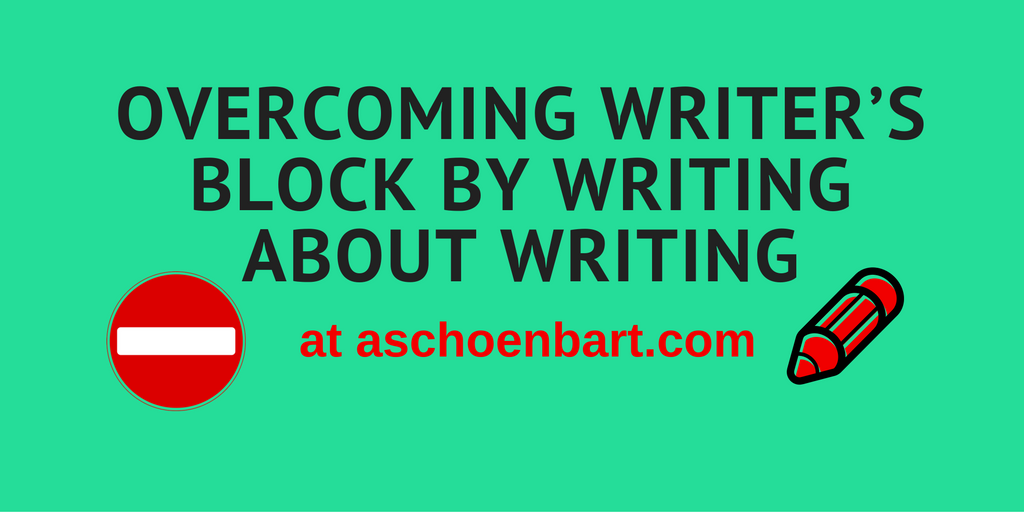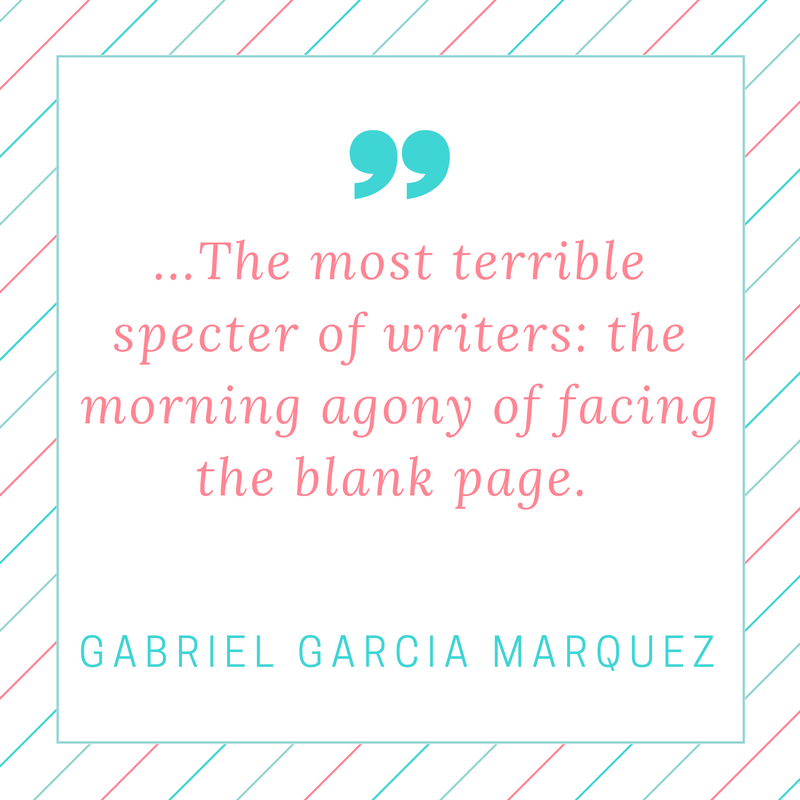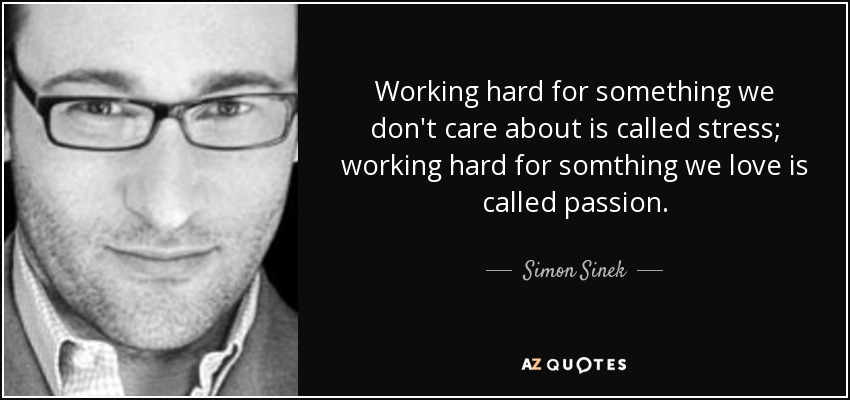Overcoming Writer’s Block by Writing About Writing


The more I grow in my career as an educator, the more I find it difficult to balance personal and professional responsibilities. I want to dedicate myself fully as an educator and coach in my job and also succeed as a writer, speaker, and presenter. Throw in grad school and a dissertation--let alone a personal life--and it’s just hard.
We all have our respective challenges and responsibilities, and we all need to find the balance. Over the past year, I’ve made writing a priority in my world and have blogged weekly. In that time, I’ve written more, found focus in my work, and hopefully grown as a writer and blogger.
But writing’s hard. And it’s been a tough week for writing. I could blame work, the Jewish holidays, and family commitments. But really, it’s been one of those rare moments of writer’s block. I just couldn’t click on a topic that I felt passionate about this week. What did I have to say that was worth your time to read?
Even so, I think the best way to break through writer’s block is to write. Something good will come out of it--or so I hope. I also think it’s important to model dealing with and overcoming challenges as writers and learners--writing doesn’t always come easy.
To that end, I decided to write about my process as a blogger in an effort to share some insight into the process and product of my writing, and to hopefully break through this wall of writer’s block I’m now experiencing.
In exploring ideas for this article, I came across 13 Famous Writers on Overcoming Writer’s Block by Emily Temple. I enjoyed the writer’s perspectives, and maybe you will, too.

Gabriel Garcia Marquez sums it up eloquently: the blank page is a scary thing.
Tools and ideas to transform education. Sign up below.
Marquez explains: ''Once writing has become the principal vice and the greatest pleasure, only death can put an end to it.'' According to a New York Times article, he says that "each day's work should only be interrupted when one knows where to begin again the next day. I don't think that any more useful advice has ever been given about writing. It is, no more and no less, the absolute remedy for the most terrible specter of writers: the morning agony of facing the blank page."
That’s why I try never to start with a blank page. I’m writing this very post in a Google Doc where page one lists a dozen or so upcoming blog ideas. I take notes of these ideas constantly, listing titles, concepts, and sometimes more developed pitches as they come to mind. I have these notes on this doc and on my phone, and am adding to them constantly.
If I keep a list of ideas and pitches, I hope, I’ll always have something new to write about. Maybe I can even get ahead on some posts and prepare for the future...one day.
One of the big questions I’m always asked about blogging is the time commitment. For me, a post tends to take anywhere between 30 minutes to two hours. It depends on the idea, the day, and the magical inspiration from the writing gods. I’m usually a fast writer, and a long winded one; even as I argue that I don’t know what to write about I’m rounding out 450 words. Routine and commitment makes it happen--each week, I dedicate time to writing every Monday and Wednesday. But I also give myself the flexibility to follow new ideas and passions--I want to make sure I enjoy and am learning from what I'm writing about.
Image courtesy of AZQuotes.com
There’s not too much rhyme or reason to what I write about when beyond passion and inspiration. Sometimes a topic will be timely and will take precedence. Often, my teaching or coaching work will inspire new ideas. I try to only write about the things that I’m excited about and to turn my passions into reflective pieces and learning opportunities, both for myself and for others.

Coming up on the list right now, there’s:
- How I Made the New School Year Fun: Reigniting My Love of the Classroom
- Coaching Reflections: How I Want to Be a Better Coach
- What If?: Exploring My Admin Internship and Problem Solving
- Perusing Pear Deck: #OssiningPride Explores Pear Deck
- An Argument Against Absolutism in EdTech: Is there always a best practice?
You’ll likely see some of these articles in upcoming weeks. Some will have the titles above. Others will evolve, and new ones will come to light. I hope today’s exercise gives me the push through this wall of frustration so I can enjoy writing them soon.
This was a fun exercise. I don’t often get to write like this: more stream-of-consciousness, less purposeful, and truly reflective for me. I hope my readers find value in my usual reflections, and know that this one is different. But it’s authentic, and sometimes that’s what we need to model for our students and for each other above all else.
How do you overcoming writer’s block? Share some strategies to help me and others in the comments or on Twitter @MrSchoenbart.
cross posted at www.aschoenbart.com
Adam Schoenbart is a high school English teacher, Google Education Trainer, and EdD candidate in Educational Leadership. He teaches grades 10-12 in a 1:1 Chromebook classroom at Ossining High School in Westchester County, NY and received the 2014 LHRIC Teacher Pioneer Award for innovative uses of technology that change teaching and learning. Read more at The SchoenBlog and connect on Twitter @MrSchoenbart.
